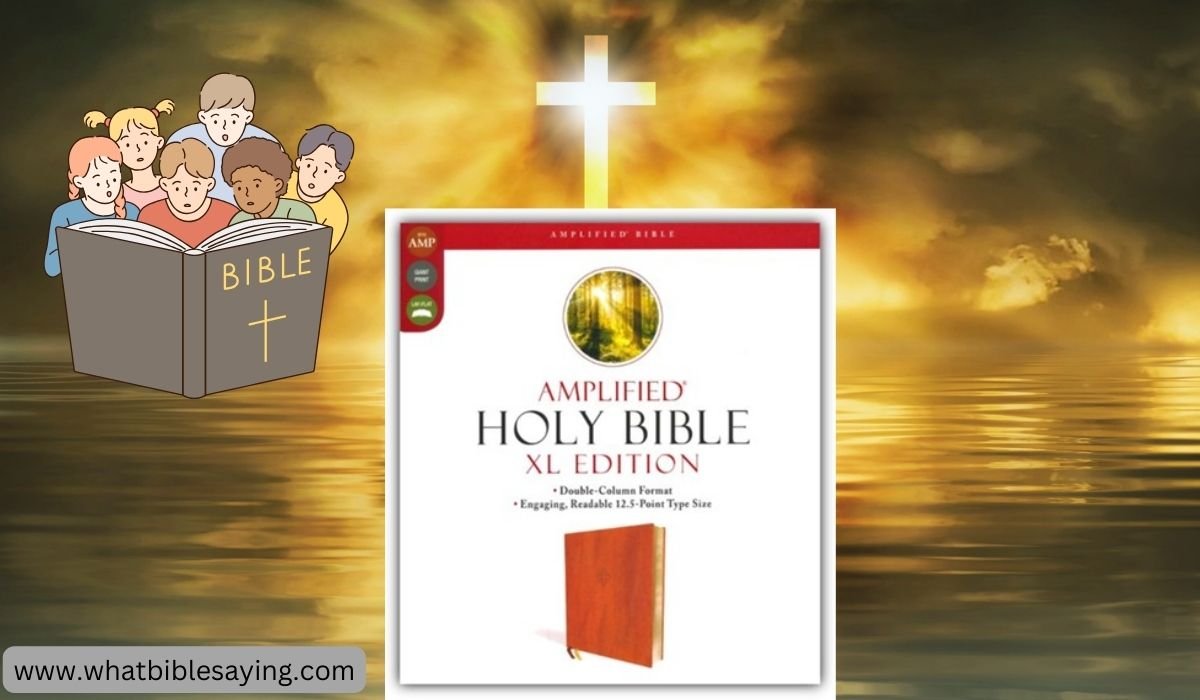 The King James Bible, a cornerstone of English literature and religious study, has intrigued scholars not only for its theological significance but also for its literary connections, particularly with William Shakespeare. As we explore who contributed to this monumental work and its historical context, we also delve into the best sequence for reading the Bible, offering a structured approach that enhances understanding and personal reflection.
The King James Bible, a cornerstone of English literature and religious study, has intrigued scholars not only for its theological significance but also for its literary connections, particularly with William Shakespeare. As we explore who contributed to this monumental work and its historical context, we also delve into the best sequence for reading the Bible, offering a structured approach that enhances understanding and personal reflection.
The Historical Context and Authors of the King James Bible
Who Commissioned and Oversaw the Translation?
The King James Bible, commissioned by King James I in 1604, was an ambitious project aimed at creating a version of the Bible that was accessible and authoritative for English-speaking Christians. It was not written by a single individual but by a group of over 50 scholars and theologians. These men were organized into six committees, each responsible for different sections of the Bible, working meticulously to translate from original texts in Hebrew, Greek, and Aramaic.
Shakespeare’s Alleged Involvement
The theory that William Shakespeare was involved in the translation of the King James Bible captivates many due to a peculiar coincidence in Psalm 46. The 46th word from the beginning is “shake” and the 46th word from the end is “spear”. While this connection is intriguing, it is generally considered a mere coincidence by scholars. Shakespeare’s main body of work was in playwriting and poetry, and there is no substantial evidence to link his direct involvement in the translation process.
What Bible Did Shakespeare Use?
Before the King James Bible, the Bishops’ Bible was the version promoted by the Church of England. It is likely that this was the Bible with which Shakespeare was most familiar and possibly used as a reference in his works.
Key Differences in Bible Translations
What Did King James Remove from the Bible?
The King James Bible is noted for its adherence to the texts it was translated from, with no significant removals as often speculated. However, the translation process involved careful decisions about word choice and phrasing to ensure the text’s accessibility and theological integrity.
Comparing Predecessors: The Bible Before King James
Prior to the King James Bible, several translations were used throughout England, including the aforementioned Bishops’ Bible and the Geneva Bible. The Geneva Bible was particularly popular among Puritans and the general populace because of its comprehensive annotations.
Authors and Their Contributions
How Many Men Wrote the Bible?
While discussing the writers of the King James Bible, it’s also pertinent to consider the original authors of the biblical texts. The entire Bible, including both the Old and New Testaments, was written by approximately 40 men over 1,500 years. These range from kings and scholars to fishermen and prophets, each contributing their unique perspectives inspired by their time with God.
Reading the Bible: A Structured Approach
What Order Should I Read the Bible In?
Reading the Bible in a way that enriches understanding and personal growth can vary from one individual to another. However, a structured approach often starts with the Gospels—Matthew, Mark, Luke, and John—to establish a foundation in the life and teachings of Jesus Christ. Following this, new readers might explore the Psalms and Proverbs for wisdom literature, then move on to the Epistles for teachings on Christian living. The Old Testament is rich with history and prophecy that are better understood after gaining a foundation in New Testament teachings.
Conclusion: Engaging with the Bible Today
The King James Bible remains a vital text for both religious study and literary scholarship. Whether exploring its connections to figures like Shakespeare or seeking a personal understanding of its teachings, the Bible offers endless depth for study and reflection. By reading it in a thoughtful sequence, one can gain insights not only into the history of Christianity but also into personal spiritual growth.












